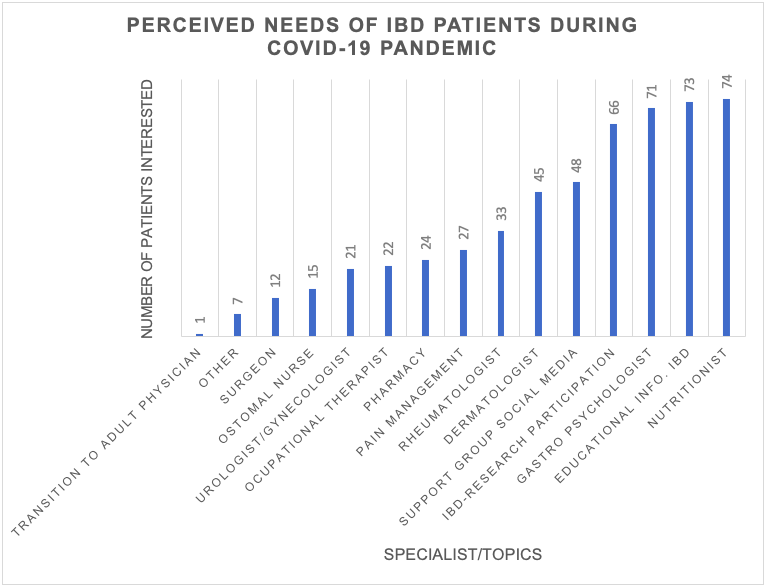P869 Prevalence of Depression and Anxiety before and during the COVID-19 Pandemic in Puerto Ricans with Inflammatory Bowel Disease
Rivera, J.(1)*;López-Marte, P.(1);Vallejo-Tagle, G.(2);Hernández-Torres, J.(3);Torres, E.A.(1);Viñas-Joy, G.(4);
(1)University of Puerto Rico-School of Medicine, Gastroenterology Research, San Juan, Puerto Rico;(2)Ponce Health Sciences Institute, Clinical Psychology, Ponce, Puerto Rico;(3)University of Puerto Rico- Medical Science Campus, Behavioral Sciences Research, San Juan, Puerto Rico;(4)University of Puerto Rico-School of Medicine, Center of Inflammatory Bowel Disease, San Juan, Puerto Rico;
Background
A higher rate of anxiety and depression is present in patients with inflammatory bowel disease (IBD). The COVID-19 pandemic has negatively impacted mental health in the general population. This study aims to compare the prevalence of depression and anxiety in patients with IBD during the pre-pandemic period and the pandemic period, and to explore trends in patients' specific IBD-related needs during the pandemic era.
Methods
Data was collected from subjects with IBD in two different timepoints: 2016 and 2021-2022. Self-administered questionnaires were given to adults with confirmed IBD attending an academic IBD Clinic. Data collected included demographic information, Patient Health Questionnaire-9 (PHQ-9) for major depressive disorder (MDD), General Anxiety Disorder-7 (GAD-7) questionnaire and subject’s need for referrals to other services such as nutrition, pain management, mental health services. Scores of 10 or more in the GAD-7 or PHQ-9 indicate need for professional evaluation. Statistical analysis was performed using R Studio v.4.2.1. This study is approved by the UPR MSC-IRB.
Results
Two hundred-fifty-two questionnaires were collected in 2016 and 196 during the 2021-22 pandemic period. The majority of subjects were male (54.6%) and had Crohn’s disease (69.9%). Mean ± SD age was 40.2 ± 14.6. In the PHQ-9, 33.7% (n=91) during 2016, and 16.33% (n=32) during 2021-22 screened positive for MDD. For the GAD-7, 30.7% (n=83) during 2016, and 12.76% (n=25) during 2021-22 screened positive for generalized anxiety disorder (GAD). Sex and age differences were not detected for MDD and GAD screening, with exception for age differences in MDD during 2021-2022. The most frequent needs for referrals during 2021-2022 were nutrition evaluation (n = 74), access to IBD education (n = 73), psychology services (n = 71) and participation in research for IBD studies (n = 66)



Conclusion
The frequency of depression and anxiety in Puerto Ricans with IBD during the pandemic period was lower than pre-pandemic. Possible factors related to this include active use of telemedicine providing regular follow-up, integrated psychological support as part of the regular clinic services, and access to information regarding COVID-19 and IBD.


